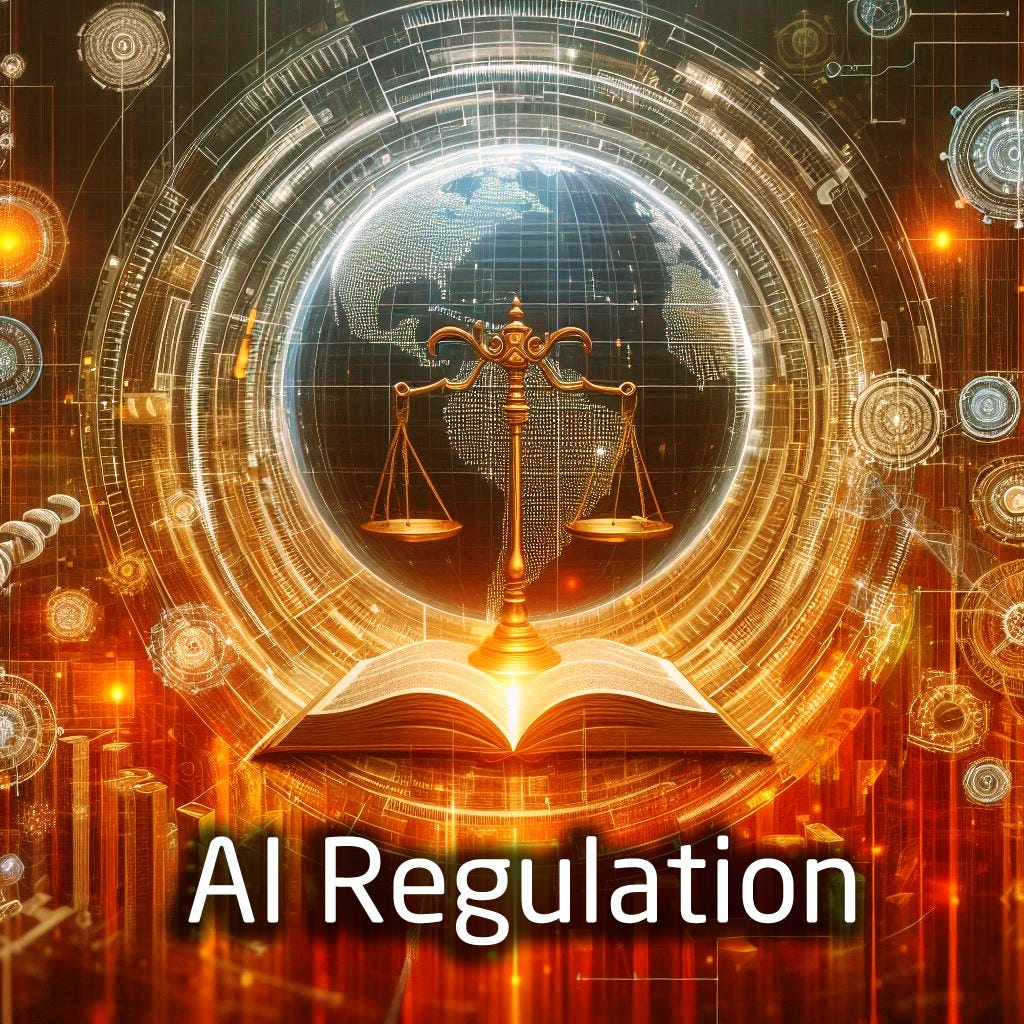Introduction
In the digital era, trust has become a critical currency. Regulatory structures play a pivotal role in fostering and maintaining this trust in digital spaces. This essay examines the relationship between law and trust in the digital realm, exploring how legislation aims to build confidence while navigating the challenges of regulating an evolving technological landscape.
Current Consumer Protection Laws
Legislation has set new standards for data protection and privacy rights:
- European Union's General Data Protection Regulation (GDPR)1
- California's Consumer Privacy Act (CCPA)2
These laws aim to build trust by:
- Giving users greater control over personal information
- Imposing significant penalties for non-compliance
However, rapid technological advancement often outpaces legal adaptation, creating persistent gaps in consumer protection. For instance, while GDPR and CCPA have established robust frameworks, they do not fully address emerging technologies like artificial intelligence and blockchain, which require specific regulations to ensure user trust.
Content Moderation and Trust
Content moderation has emerged as a critical trust-building mechanism on digital platforms. The legal basis often stems from Section 230 of the Communications Decency Act3 in the US, providing platforms with:
- Immunity from liability for user-generated content
- The ability to moderate in good faith
Implementation of moderation policies varies widely across platforms, leading to inconsistent user experiences and trust levels.
Balancing Free Speech and Trust-Building
The tension between unrestricted expression and maintaining a trustworthy digital environment presents significant challenges. The rise of misinformation and hate speech online has led to calls for more stringent regulation, underscoring the need for a framework that can adapt to the evolving digital landscape.
Data Protection and Privacy Laws
Data protection laws are at the forefront of building digital trust. The GDPR introduced concepts like:
- "Right to be forgotten"
- Strict consent requirements for data processing
These laws aim to create transparency and give users greater control. However, the complexity of these regulations and cross-jurisdictional enforcement challenges highlight the ongoing struggle to balance innovation with privacy protection. The need for clear legal interpretations and enforceability is crucial, as uncertainty can erode consumer confidence.
Regulations for Emerging Technologies
As technologies like artificial intelligence, Internet of Things (IoT), and blockchain reshape the digital landscape, regulations struggle to keep pace. Proposed measures, such as the EU's Artificial Intelligence Act4, aim to establish trust by addressing:
- Transparency
- Accountability
- Fairness
The rapidly evolving nature of these technologies presents significant challenges in crafting effective and enduring regulations.
The Role of Self-Regulation
In the face of legislative lag, many digital platforms have turned to self-regulation. Industry standards and best practices often fill the gaps left by formal legislation. While self-regulation can be more agile in responding to technological changes, it raises questions about accountability and potential conflicts of interest.
Conclusion
Regulatory structures play a crucial role in building and maintaining trust in the digital age. As technology continues to evolve rapidly, regulations must strive to balance innovation with protection, free expression with safety, and flexibility with stability. The ongoing development of these regulations will be pivotal in shaping the future of digital trust and, by extension, the digital economy itself. Interdisciplinary approaches combining legal expertise with technological understanding will be essential in crafting effective, trust-enhancing frameworks for our digital future.
GDPR.eu. (n.d.). What is GDPR, the EU’s new data protection law? https://gdpr.eu/what-is-gdpr/
International Association of Privacy Professionals. (n.d.). CCPA and CPRA. https://iapp.org/resources/topics/ccpa-and-cpra/
Electronic Frontier Foundation. (n.d.). Section 230 of the Communications Decency Act. https://www.eff.org/issues/cda230
Artificial Intelligence Act. (n.d.). The EU Artificial Intelligence Act. https://artificialintelligenceact.eu/


